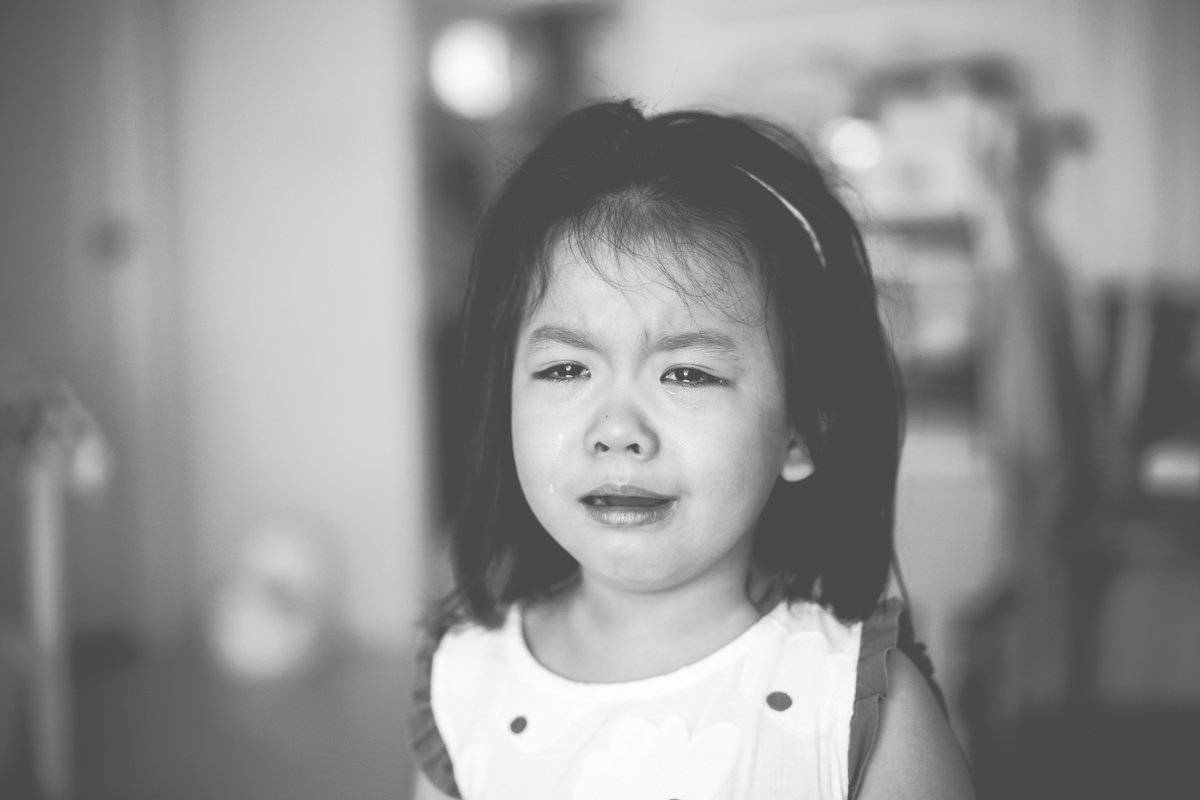Parents, I recently asked our Childcare Ministry Leader, Cara Barney, to share her thoughts about handling separation anxiety. Our little ones have been with us twenty four hours a day seven days a week for months as we have navigated this pandemic. Now, that we are starting to return to preschool, play activities, and even church, our kids seem to be suffering from separation anxiety. Cara offers advice earned from years of loving and caring for our kiddos at Stonebriar Community Church. Welcome Cara.
Drop off in a classroom, at a friend’s house, or anywhere the parent is leaving their child, can be one of the most challenging times for a little one and their mom or dad. You want your child to feel good about being left with a caregiver, and you want to be able to do what you need to do. But why does this moment of transition have to be so hard? And why does this anxiety seem to go on forever in some children?
I have two children—a girl and a boy. My daughter didn’t seem to have any separation anxiety issues until she was three years old. One might think that age three would be too late for anxiety to start, but yet it did. On the other hand, my son started having separation anxiety at the young age of five months, and it continued until… you guessed it, he was three years old! There was something about being three in our family that set them off. In our home, it wasn’t the terrible twos; it was the terrible threes.
My first experience with separation anxiety happened when I left my son with my husband as I played Bunco with some friends. I had been away 45 minutes, when my husband called asking me to come home because our baby boy (five months old at the time) was hysterical, and my husband had used all of his tricks to console him. The crux of it was, once I got home, I took him from my husband, and immediately he stopped crying. My poor husband looked so defeated!
Through the years, we would leave our children with a family member, but never a babysitter that they didn’t know. I felt like the caregiver had to be thoroughly vetted to make sure everything was okay. It sounds like mom had the separation anxiety and not the child, right? When I finally was brave enough to leave them at preschool or church, I said a long goodbye and hung out by the classroom door. Yes, I was THAT mom! This scenario went on for a few years. When my son was three, he cried every day whenever I dropped him off at preschool. Then one day after he had been in preschool for seven months, his teacher suggested I say a quick goodbye and step to the side of the door so that he could not see me. So, I said goodbye with his sad little face looking at me, and then I stepped to the side of the door next to the wall. Within one minute, my son was done crying! His entire sad act was just for me! After that day, our goodbyes were loving but quick. There was never an issue again, for either one of us.
As for my daughter, her separation anxiety started much later than my son’s. For this reason, I believe that separation anxiety is tricky and unique for each child. Stress begins as a child is separated or thinks of being separated from their parent. In my children’s situation, they were specifically anxious about being separated from their mother and I realize that I didn’t help the situation at all. Parents are a child’s safety net, where they know they will be secure from any harm. Many children go through this, and I believe it is all a part of how God designed them to learn how to be alone. Some children can be left with a caregiver for more extended periods, while others can only be away from mom or dad for a short time. God made us all different with varying temperaments and personalities, which play an impactful role in separation anxiety.
Given my experience, I think that it is beneficial for a child to be left with a caregiver at an early age so that they become accustomed to being without mom and dad. My advice for parents today is:
- Start early. Parents need to be able to let their children be left with a caregiver even if only for short periods of time and then gradually increase it as necessary. Starting earlier in life rather than later will be more beneficial for your child and you.
- Give it time. It may take a few experiences until your child becomes more comfortable. Through these times of being away from mom and dad, a child learns to be independent. Without their parent around, they realize they are still safe and secure.
- Know your child. Children are continually growing and changing, and so are their needs. Some days their anxiety may be flying high like a kite, and the next day they are very content. As parents, we strive to be in-tune with their needs daily.
My final suggestion, mom and dad, is to hang in there because before you know it, one day it will be us that sheds a tear as they go to their first day of school, drive themselves to a friend’s house, or leave for college. It goes by so quickly, but it is so very worth all the tears!

